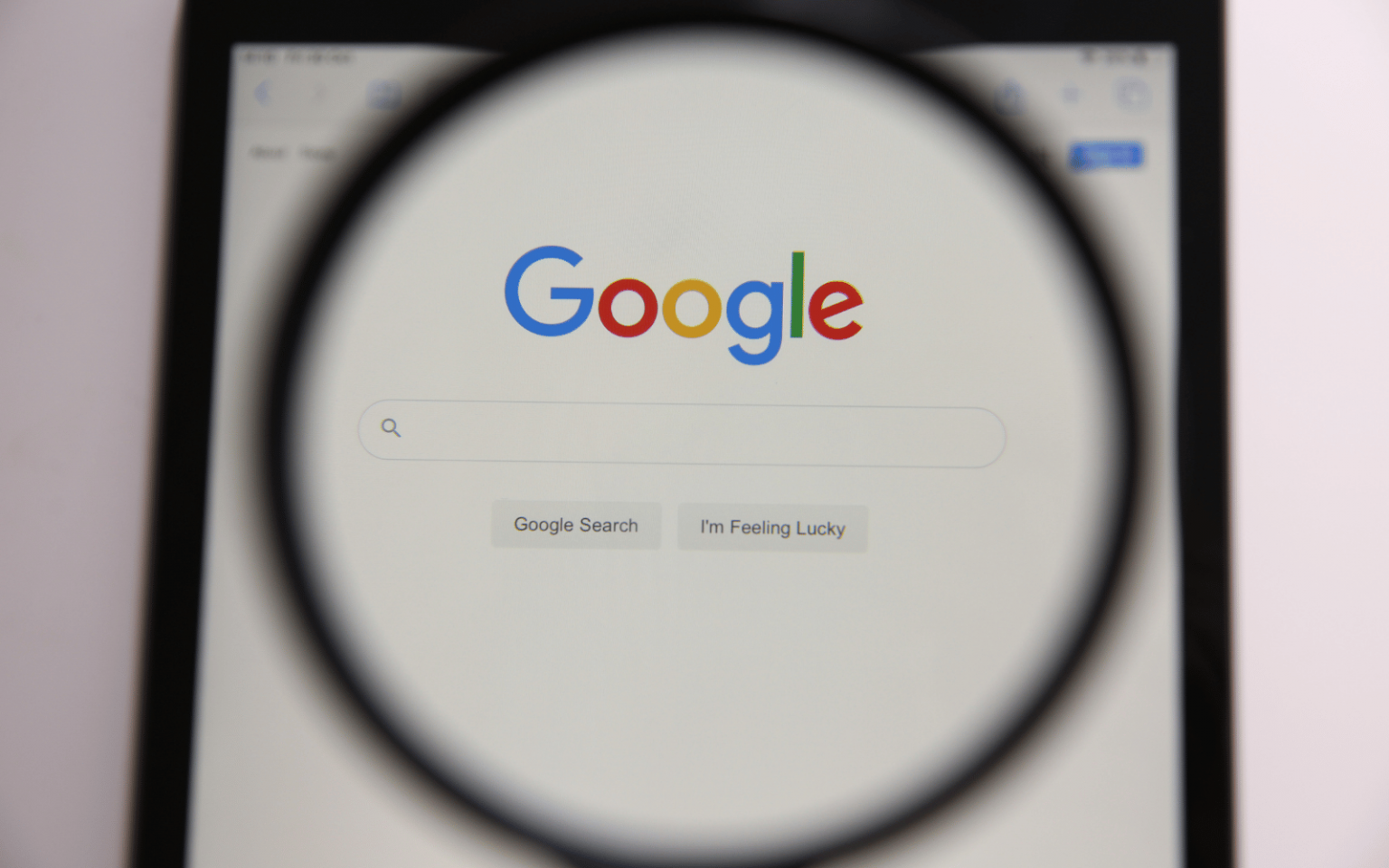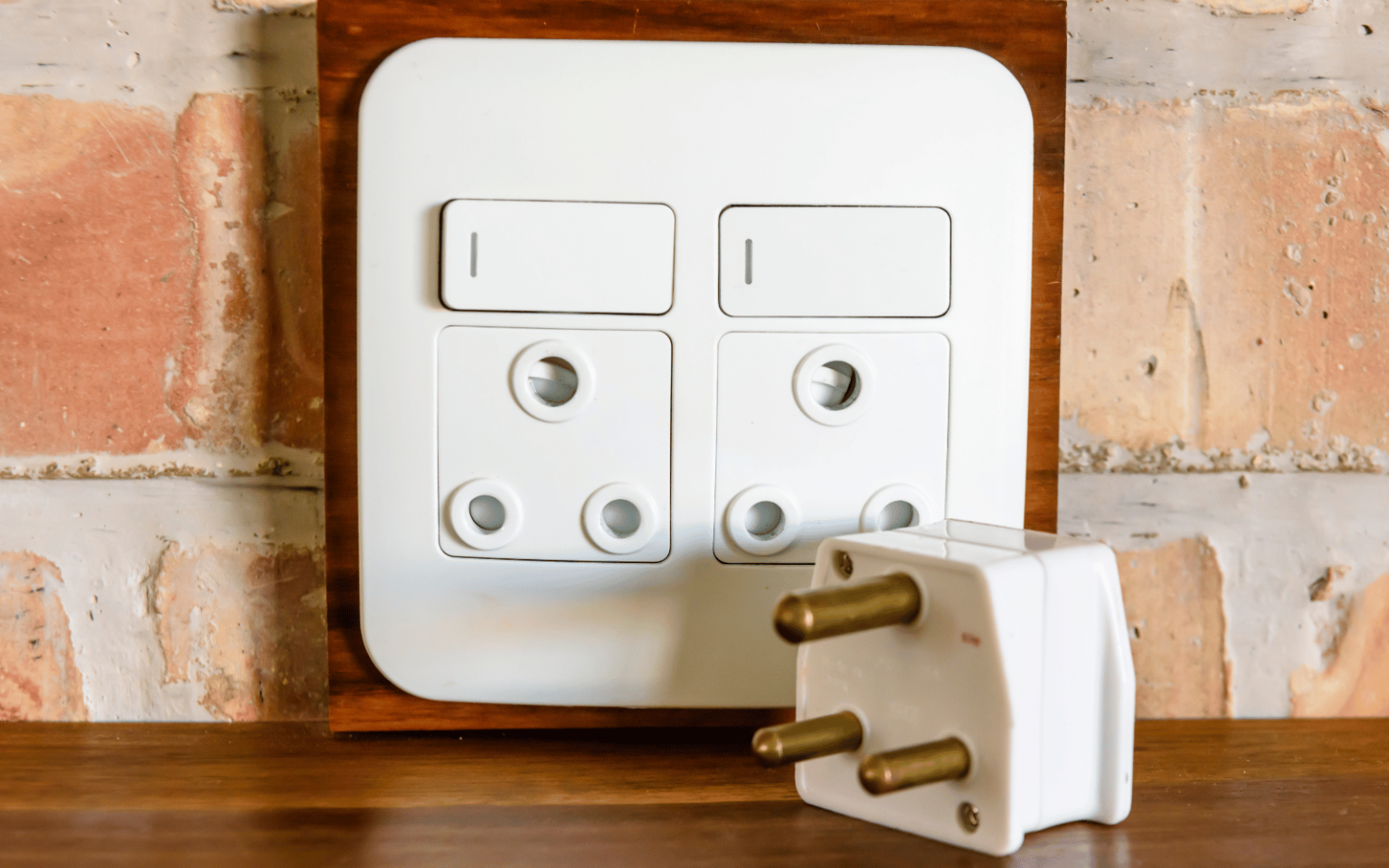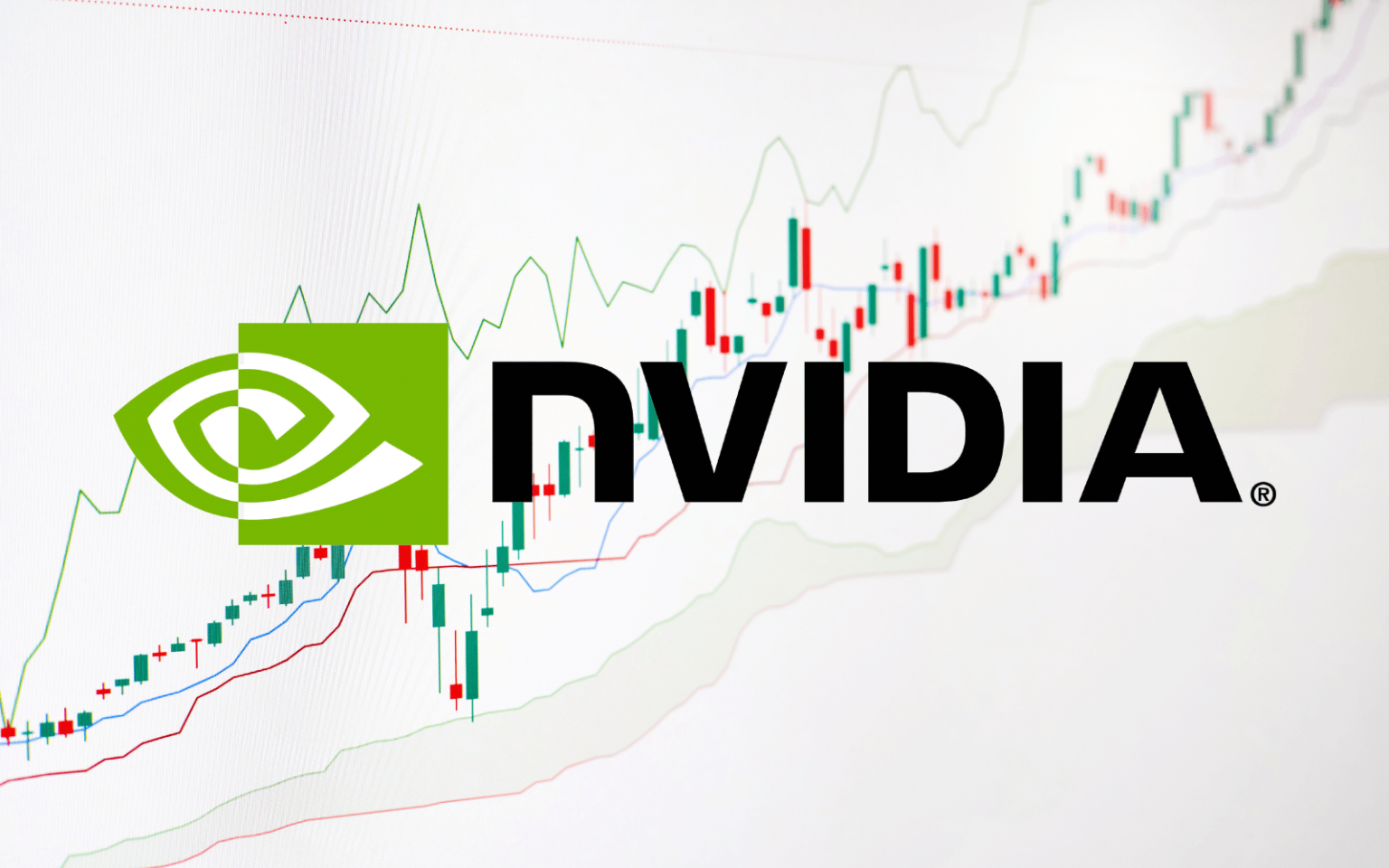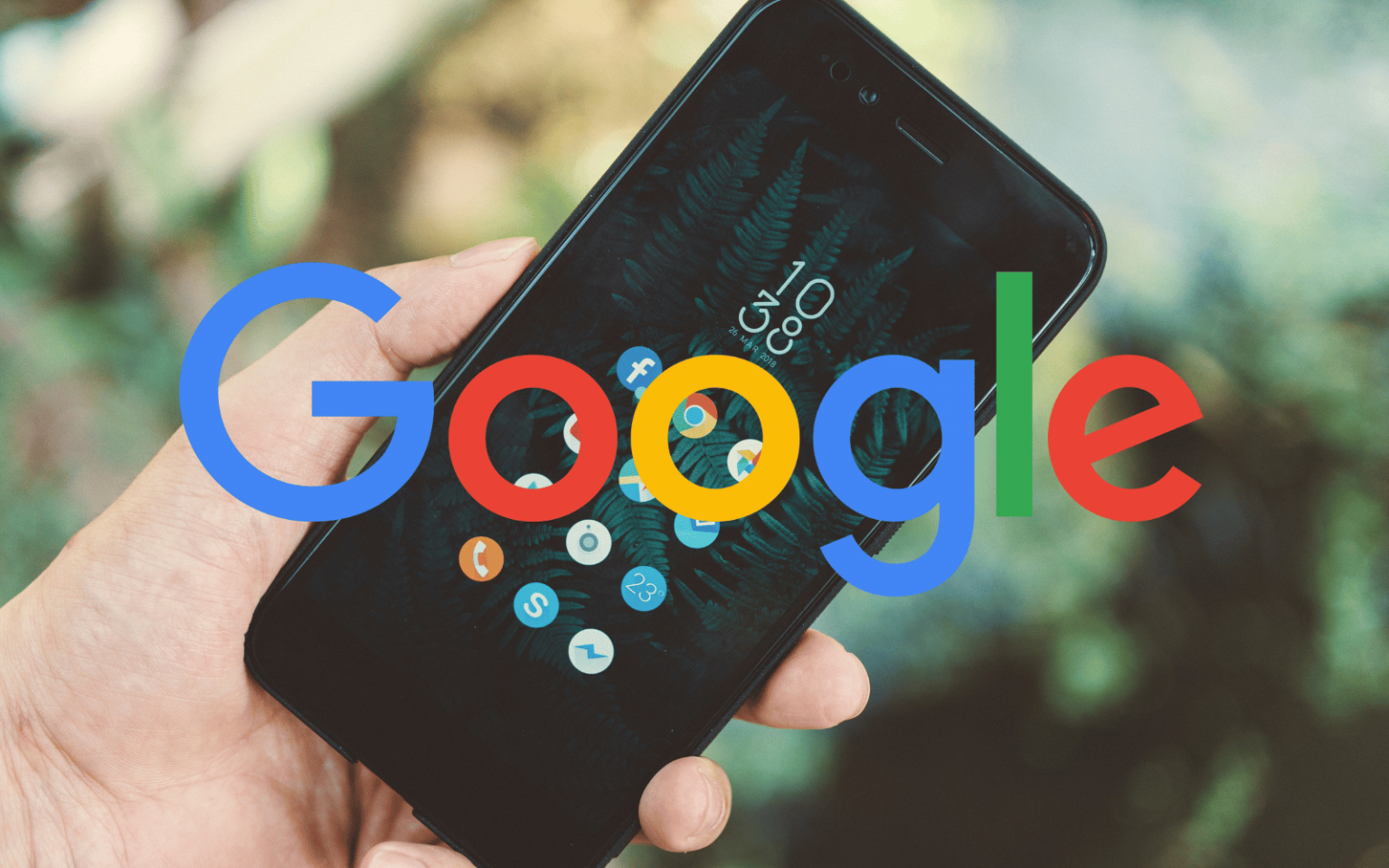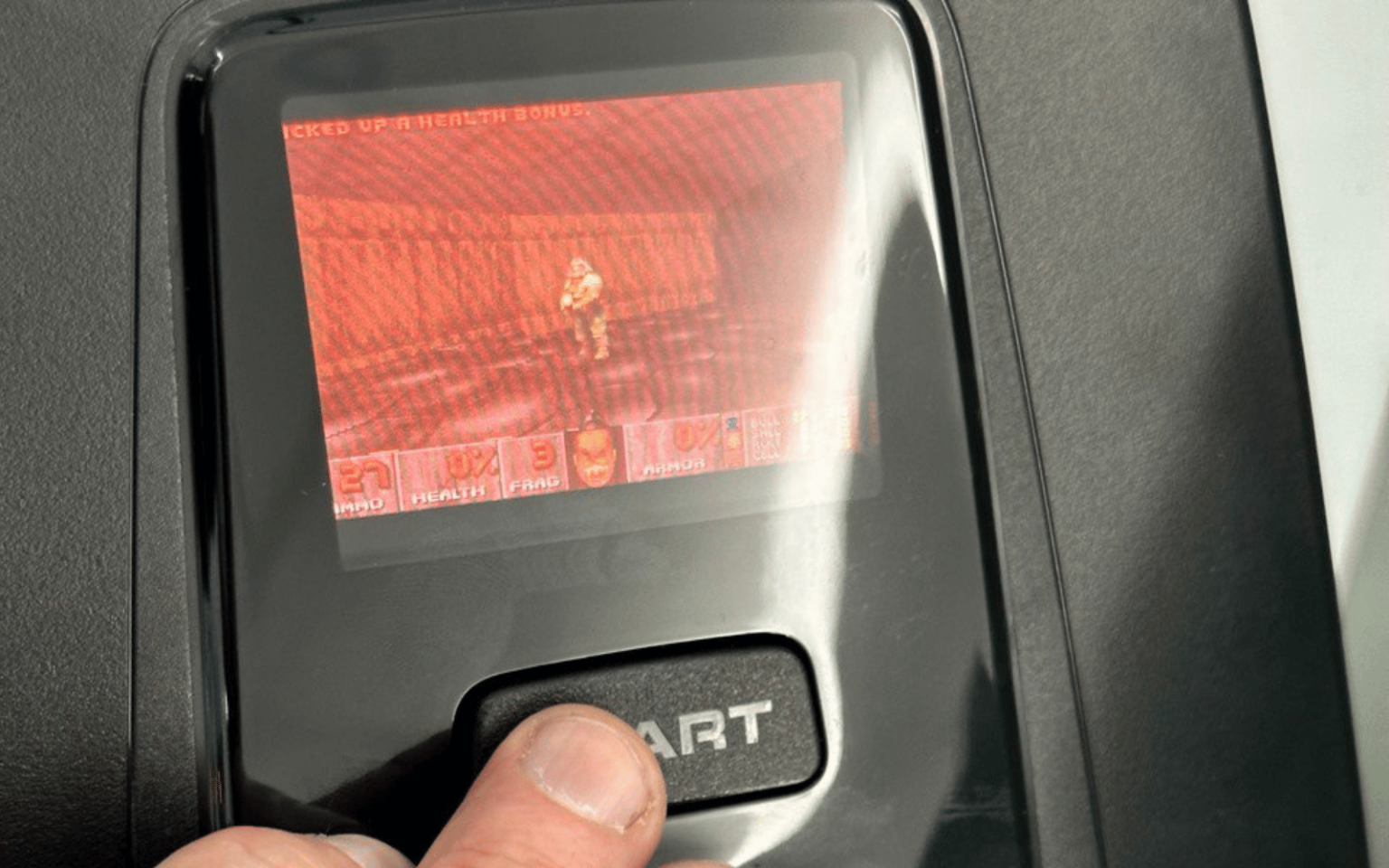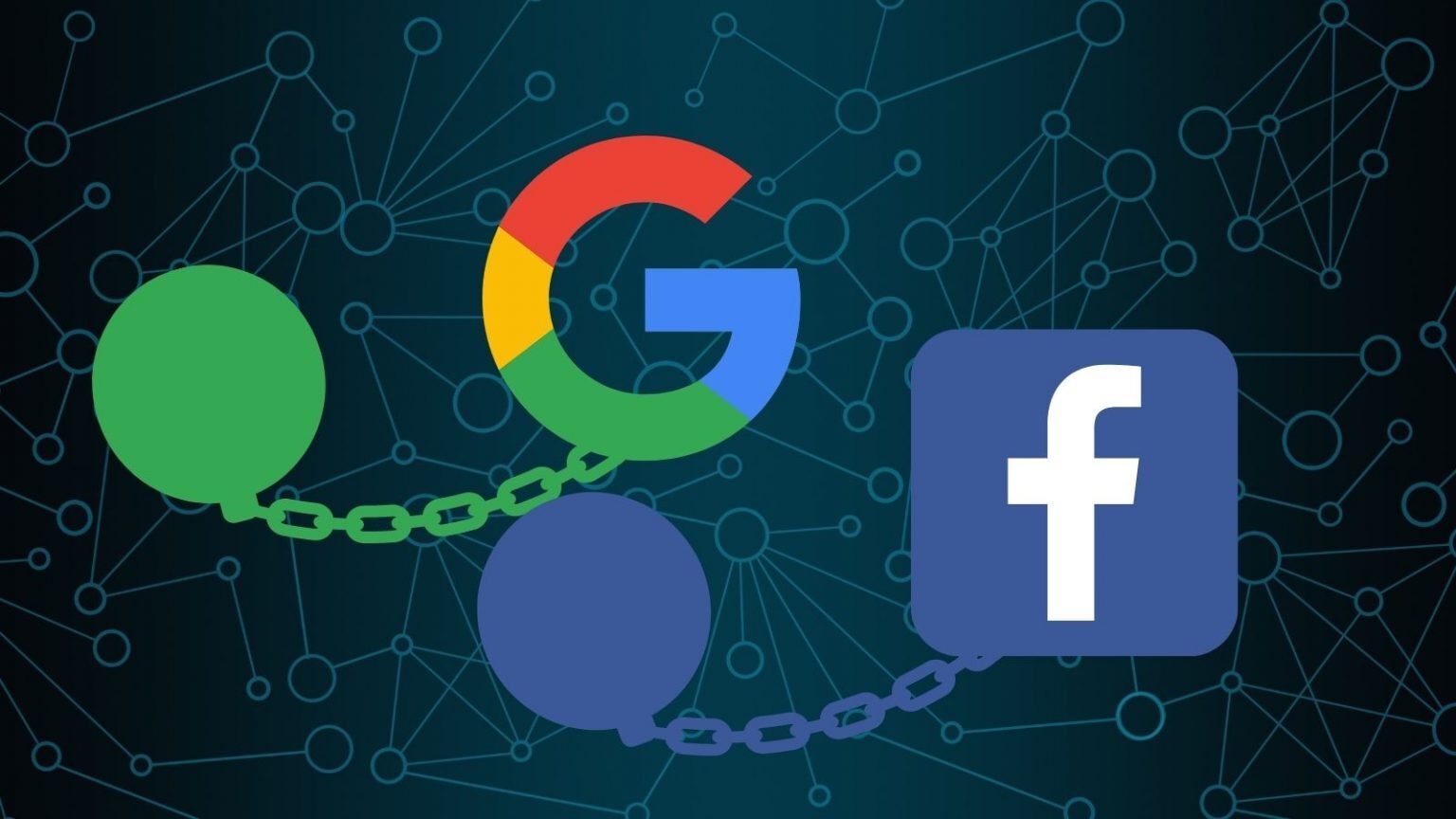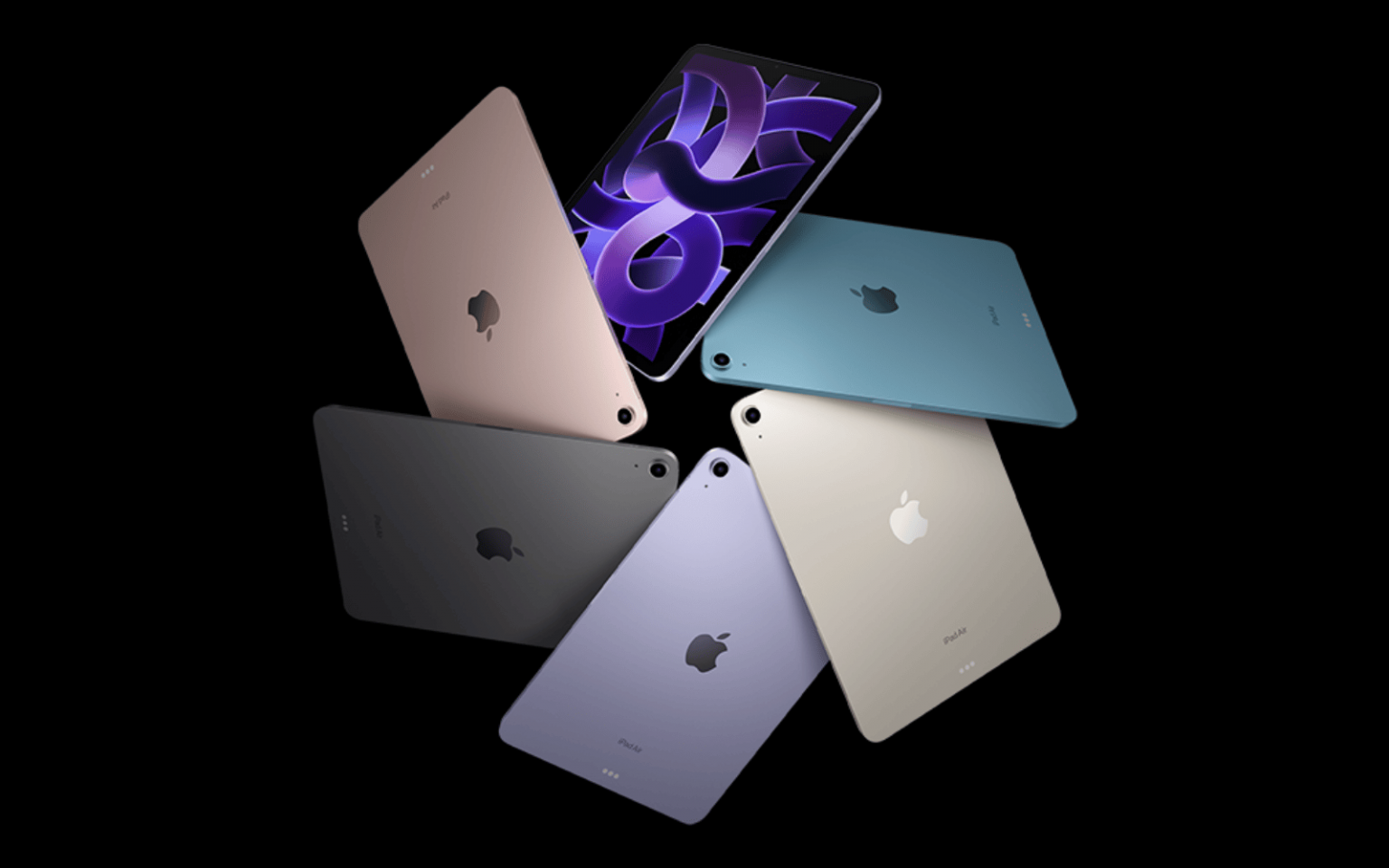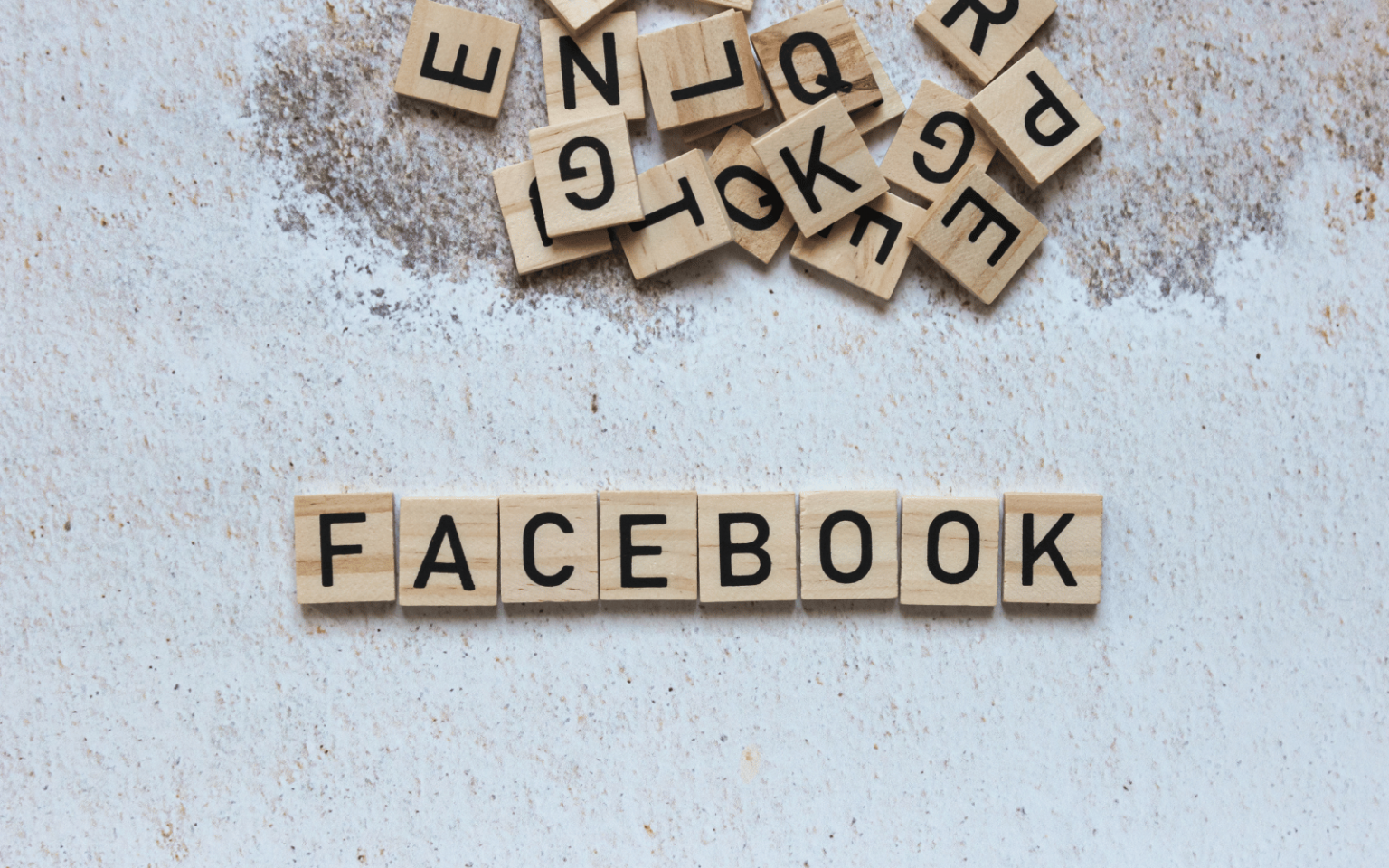South Africa’s Fourth Estate “is on its knees” as Google and Meta’s dominance has captured 97% of all digital advertising in the country, creating an “extinction crisis” for the media. This is the view of Ishmet Davidson, the chief executive officer of Media24, South Africa’s largest digital news publisher, which is owned by internet firm Naspers. He was testifying at the country’s Competition Commission inquiry into Google’s dominance in search and digital advertising. Davidson has “played an active role in resisting any potential threat by government to interfere in or to curtail press freedom” in his 30-year career in publishing.…
Author: Toby Shapshak
South Africa has a unique three-pronged plug which you won’t find in many other countries. Called Type-D in the technical specifications, it is a lingering leftover from the Apartheid years. As a British colony, the country had the UK’s square-shaped three-pronged plugs. But around the time the Republic of South Africa was formed, the National Party – whose other great error was the racist Apartheid policy, among many, many others – decided to introduce its own plug. It’s a problem we still live with – and visitors also have to suffer through. Plugs and Power The easiest solution is to…
Berlin is a delightful city, one that will always be associated with the Cold War for me, not least because of its eponymous wall and its pivotal role in that post-WWII standoff. My first trip was mind-blowing. I just couldn’t get over how much it had changed and how profound these changes were. But Berlin has evolved into a cultural and tech hub in the last few decades, filled with amazing historical sites, and great art and food. These are the highlights I’ve discovered in my various trips there. The Google Maps links are included in the headings for each.…
Just two weeks after Meta set the record for the largest single-day increase in market valuation ($197-billion), chipmaker Nvidia shot the lights out with a whopping $277-billion surge. Unlike Meta, which has been unmasked as the greatest enabler of paedophilias in history, Nvidia actually makes a real product in the real world – and one that is actually useful. Meta is the epitome of surveillance capitalism, exploiting our personal data – and young girls – for money. Shame on anyone who still believes they are reaching their audiences when all your marketing money is doing is propping up a “vast…
Google and Facebook owe United States news publishers between $11-billion and $14-billion a year, according to new research. “The tech giants have argued that news is not essential and that publishers are lucky to have their platforms driving traffic to their sites, which can then convert that traffic into subscriptions,” writes Haaris Mateen, an assistant professor at the University of Houston, and Anya Schiffrin, a senior lecturer in Discipline of International and Public Affairs at Columbia University. But their study finds that “news is important to Big Tech platforms” even if value is created for both sides. Big tech companies…
If you’ve ever dreamed of playing the legendary shoot-em-up game of Doom on your robot lawnmower, your (strange) dreams have come true. This is one of the more wacky pieces of new technology on show at MWC Barcelona this week. The world’s largest telecoms conference is also a good place to demonstrate new cutting-edge technology – and in this case, the technology actually does cut edges. Your grass is Doomed Ever wanted to play the original Doom on your robot lawnmower? @shapshak @Husqvarna_ZA#MWC2024 pic.twitter.com/98jWVZh3BU — Stuff South Africa (@StuffSA) February 26, 2024 Husqvarna, the Swedish company that makes robotic lawnmowers…
For years I have been railing against the ineptitude, inefficiency, wasted marketing spend, and (more recently), outright lies of programmatic advertisers. In short: Google and Facebook lied. They promised a range of never-seen-before, easy-to-communicate nonsense about how to market to individual consumers. But they have never actually delivered on this promise and 25 years later, their hyperbole has become fact. After over two decades of this, the marketing industry is convinced that programmatic advertising actually works. Just like first-time voters in the 2024 election will have never known anything but load shitting, a generation of marketers has grown up thinking…
On Monday, two friends asked me which iPad they should buy. It’s a question I often get, so I wrote them this article. The first friend is a property developer who hates typing on his iPhone and was thinking of getting a folding Android phone, such as the Samsung Fold 5 or Huawei Mate X3. Let’s call him Paul. “Why are you typing on a smartphone?” I replied. It doesn’t have the screen for 10-finger typing, and it’s not the most efficient way to input data. I have been using two more appropriate options for years. I use a swiping…
Facebook CEO, Mark Zuckerberg, was roasted by US legislators in January over Instagram’s rampant sexual abuse problem. “You have blood on your hands”, senator Lindsey Graham told him during a hearing of the Senate judiciary committee. “You have a product that’s killing people.” Also in the room, seated behind Zuckerberg, were the parents of children who killed themselves or committed self-harm after being exposed online to unwanted sexual advances. The Senate hearing comes on top of a lawsuit brought against Meta by the New Mexico attorney-general in December last year that has revealed e-mails and other internal documents in which…
Most of us can be forgiven for rolling our eyes when told of a new audio format that will enhance our listening. Admittedly, I’m no audiophile, but I have always struggled to tell what the advantage of whatever new Dolby settings did for my listening. I was similarly unimpressed when I started hearing and reading about Apple’s new Spatial Audio feature. I’m not a subscriber to Apple Music because I have been using Spotify from way back and have created custom playlists that mitigate switching to another service. The family option from the gold standard of streaming, if not the…

